Michael Eric Dyson *93’s Long Time Coming (St. Martin’s Press) explores anti-Blackness in America in five chapters, each dedicated to a Black life taken by police or extremism, from Breonna Taylor to the Rev. Clementa Pinckney. Dyson traces anti-Blackness throughout the nation’s history and ends with steps for overcoming systemic racism.
Written after decades of fielding questions from new parents about the traditional Jewish circumcision ceremony, OB-GYN Henry M. Lerner ’71 covers logistical, religious, and historical questions in So You Want to Make a Bris: Everything You Need to Know About Having a Bris for Your Newborn Son (Outskirts Press).
Jeff Schwartz *87 considers changes that must be made to create a successful 21st-century workplace in Work Disrupted (Wiley). Topics include how employers can lead and build resilience and how COVID-19 might change work forever.
Lori Banov Kaufmann ’81’s historical novel Rebel Daughter (Penguin Random House) follows a young Jewish woman in 70 C.E. Jerusalem during the city’s historic destruction, focusing on true events and the emotional fallout of violence.
In Mukund Gnanadesikan ’92’s novel Errors of Omission (Adelaide Books), aspiring singer Irina Petrova and ER physician Raj Patel meet when Petrova is rushed to Patel’s hospital. Petrova, who is in New York after fleeing the Russian sex trade, and Patel, consumed with grief for his late parents, come together over shared tragedy.
In The Way of Bach: Three Years with the Man, the Music, and the Piano (Pegasus Books), Dan Moller *05 chronicles Johann Sebastian Bach’s life and times, drawing the reader into an intimate understanding of both the composer and the legacy of his music.
Zena Hitz *05 explores what it means to be a lifelong learner in Lost In Thought (Princeton University Press). With stories from people in a wide range of professions and with many different hobbies, Hitz argues that learning for the pure pleasure of it is essential to the human experience.
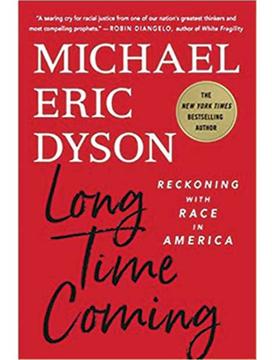
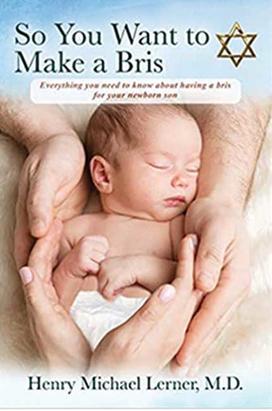
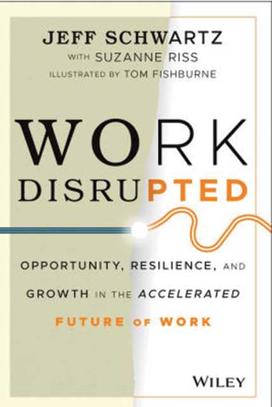
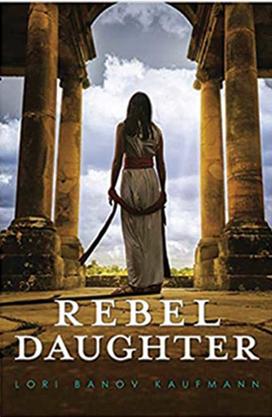
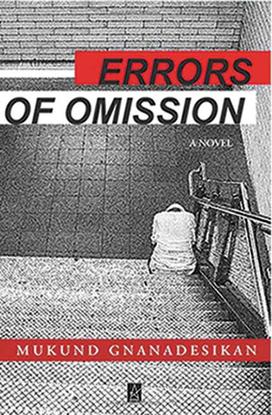
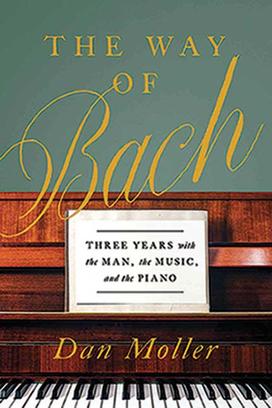
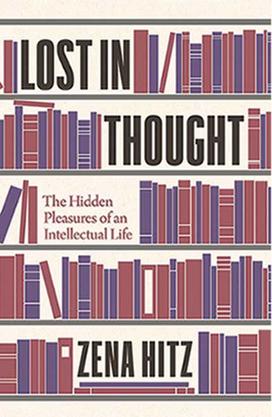








No responses yet